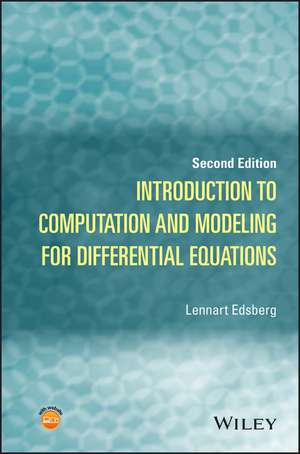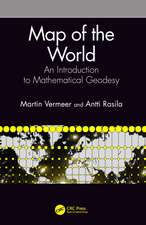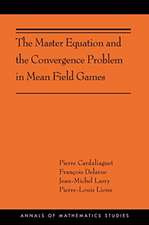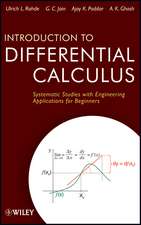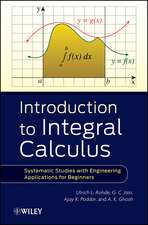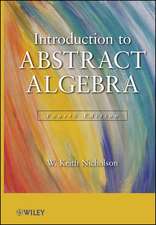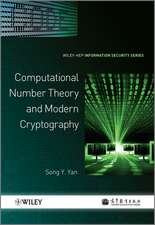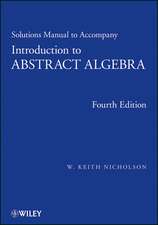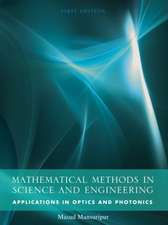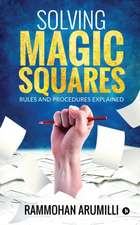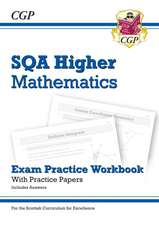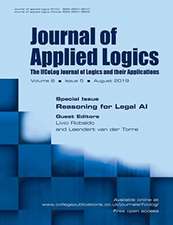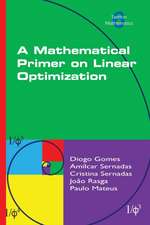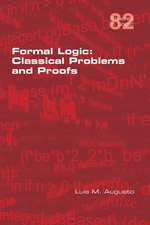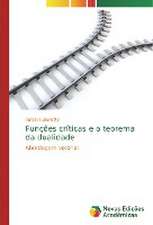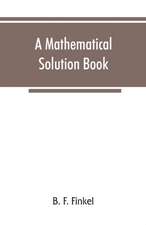Introduction to Computation and Modeling for Differential Equations 2e
Autor L Edsbergen Limba Engleză Hardback – 19 noi 2015
Preț: 660.09 lei
Preț vechi: 857.26 lei
-23% Nou
Puncte Express: 990
Preț estimativ în valută:
126.35€ • 137.29$ • 106.20£
126.35€ • 137.29$ • 106.20£
Carte tipărită la comandă
Livrare economică 21 aprilie-05 mai
Preluare comenzi: 021 569.72.76
Specificații
ISBN-13: 9781119018445
ISBN-10: 1119018447
Pagini: 304
Ilustrații: illustrations
Dimensiuni: 156 x 234 x 17 mm
Greutate: 0.61 kg
Ediția:2nd Edition
Editura: Wiley
Locul publicării:Hoboken, United States
ISBN-10: 1119018447
Pagini: 304
Ilustrații: illustrations
Dimensiuni: 156 x 234 x 17 mm
Greutate: 0.61 kg
Ediția:2nd Edition
Editura: Wiley
Locul publicării:Hoboken, United States
Public țintă
Introduction to Computation and Modeling for Differential Equations, Second Edition is a useful textbook for upper–undergraduate and graduate–level courses in scientific computing, differential equations, ordinary differential equations, partial differential equations, and numerical methods. The book is also an excellent self–study guide for mathematics, science, computer science, physics, and engineering students, as well as an excellent reference for practitioners and consultants who use differential equations and numerical methods in everyday situations.Cuprins
Notă biografică
Lennart Edsberg, PhD, is Associate Professor in the Department of Numerical Analysis and Computing Science (NADA) in the School of Computer Science and Communication at KTH - The Royal Institute of Technology in Stockholm, Sweden, where he has also been Director of the International Master Program in Scientific Computing since 1996. Dr. Edsberg has over thirty years of academic experience and is the author of over twenty journal articles in the areas of numerical methods and differential equations.
